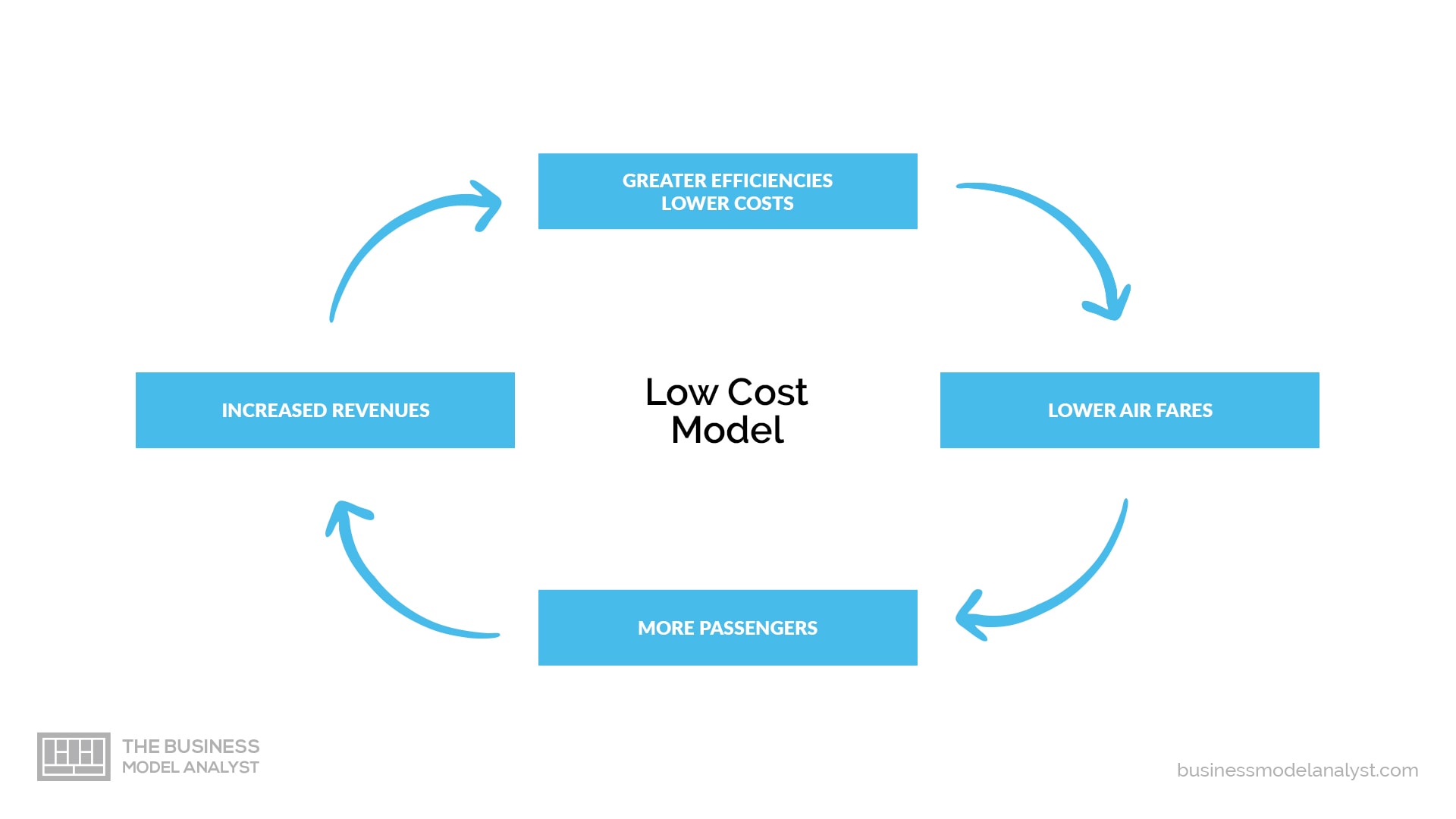Breaking Down the Barriers to Starting Your Own Business
Starting a business can be a daunting task, especially for those who believe that it requires a significant amount of capital. However, this common misconception can be a major barrier to entry for many aspiring entrepreneurs. The truth is that there are many cheap and easy businesses to start that can be launched with little to no initial investment. In fact, some of the most successful businesses today started with minimal funding and were built from the ground up through hard work and determination.
One of the main reasons why people believe that starting a business requires a lot of money is because of the traditional business model. This model often involves renting a physical location, hiring employees, and purchasing equipment, all of which can be costly. However, with the rise of the digital age, it’s now possible to start a business with minimal overhead costs. For example, many businesses can be run entirely online, eliminating the need for a physical location. Additionally, freelancers and independent contractors can be hired on a project-by-project basis, reducing the need for full-time employees.
Another barrier to starting a business is the fear of failure. Many people are hesitant to take the leap and start their own business because they’re afraid of failing. However, failure is a natural part of the entrepreneurial journey, and it’s often a stepping stone to success. By embracing failure as a learning opportunity, entrepreneurs can refine their ideas and create a better business model.
Finally, many people believe that starting a business requires a lot of experience and expertise. However, this is not always the case. Many successful entrepreneurs have started their businesses with little to no experience in their industry. Instead, they’ve relied on their passion, creativity, and willingness to learn to drive their business forward.
Identifying Your Passion and Skills: The First Step to a Successful Business
When it comes to starting a business, it’s essential to identify your passions and skills. This is the first step to creating a successful business that you’ll enjoy running. By understanding what you’re good at and what you enjoy doing, you can create a business that aligns with your strengths and interests.
To identify your passions and skills, start by making a list of your strengths and weaknesses. What are you naturally good at? What do you enjoy doing in your free time? What skills have you developed over the years? Be honest with yourself, and don’t be afraid to ask for feedback from others.
Once you have a list of your strengths and weaknesses, start brainstorming business ideas that align with your passions and skills. For example, if you’re passionate about writing and have strong writing skills, you might consider starting a freelance writing business or creating a blog. If you’re skilled at graphic design and enjoy creating visual content, you might consider starting a graphic design business or creating a YouTube channel focused on design tutorials.
It’s also essential to consider your values and goals when selecting a business idea. What kind of lifestyle do you want to create for yourself? What kind of impact do you want to make on the world? By aligning your business with your values and goals, you’ll be more motivated to succeed and create a business that truly reflects your passions and skills.
Some popular cheap and easy businesses to start that align with various passions and skills include:
- Freelance writing or editing for those with strong writing skills
- Virtual assistance for those with strong organizational skills
- Social media management for those with strong marketing skills
- Online tutoring for those with strong teaching skills
By identifying your passions and skills and aligning them with a business idea, you’ll be well on your way to creating a successful business that you’ll enjoy running.
How to Start a Business with Little to No Initial Investment
Starting a business doesn’t have to break the bank. With a little creativity and resourcefulness, it’s possible to launch a successful business with little to no initial investment. One of the most effective ways to do this is through bootstrapping, which involves using personal savings or revenue from early customers to fund the business.
Another option is crowdfunding, which involves raising small amounts of money from a large number of people, typically through online platforms. This can be a great way to raise funds without giving up equity or taking on debt. Additionally, crowdfunding can help to validate a business idea and build a community of supporters.
Other alternative funding methods include incubators and accelerators, which provide resources and support to early-stage businesses in exchange for equity. There are also a number of government programs and non-profit organizations that offer grants and loans to small businesses and entrepreneurs.
When it comes to cheap and easy businesses to start, there are a number of options that require little to no initial investment. For example, freelancing or consulting can be started with just a computer and an internet connection. Affiliate marketing and selling products online can also be started with minimal upfront costs.
Here are some tips for starting a business with little to no initial investment:
- Start small and focus on building a minimum viable product (MVP) to test the market and validate your idea.
- Use free or low-cost marketing channels such as social media and content marketing to reach your target audience.
- Consider using a business incubator or accelerator to access resources and support.
- Look for government programs and non-profit organizations that offer grants and loans to small businesses and entrepreneurs.
By being creative and resourceful, it’s possible to start a successful business with little to no initial investment. Remember to focus on building a strong foundation, validating your idea, and using cost-effective marketing channels to reach your target audience.
Top Low-Cost Business Ideas for Beginners
Starting a business doesn’t have to be expensive. There are many cheap and easy businesses to start that can be launched with minimal upfront costs. Here are some of the top low-cost business ideas for beginners:
1. Freelancing: Freelancing is a great way to monetize your skills and experience. You can offer your services on freelance platforms like Upwork, Fiverr, or Freelancer. With freelancing, you can work on a project-by-project basis and choose your own hours.
2. Affiliate Marketing: Affiliate marketing involves promoting other people’s products or services and earning a commission on sales. You can start an affiliate marketing business with little to no upfront costs and promote products through social media, content marketing, or email marketing.
3. Selling Products Online: Selling products online is a great way to start a business with minimal upfront costs. You can start by selling products on platforms like Amazon, eBay, or Etsy, or create your own e-commerce website using Shopify or WooCommerce.
4. Virtual Assistant: Virtual assistants provide administrative support to businesses and entrepreneurs, handling tasks like email management, calendar organization, and data entry. You can start a virtual assistant business with little to no upfront costs and work remotely.
5. Online Tutoring: If you have expertise in a particular subject, you can start an online tutoring business. You can use platforms like TutorMe, Chegg, or Varsity Tutors to connect with clients and offer your services.
6. Social Media Management: Social media management involves helping small businesses manage their social media presence and create content. You can start a social media management business with little to no upfront costs and work remotely.
7. Selling Stock Photos: If you have a good camera and an eye for photography, you can start selling stock photos on platforms like Shutterstock, iStock, or Adobe Stock.
8. Dropshipping: Dropshipping involves selling products without holding any inventory. You can start a dropshipping business with little to no upfront costs and partner with suppliers to ship products directly to customers.
These are just a few examples of cheap and easy businesses to start. Remember to choose a business idea that aligns with your passions and skills, and don’t be afraid to take the leap and start your own business.
Turning Your Hobby into a Business: A Guide to Monetizing Your Passion
Many people dream of turning their hobby into a business, but don’t know where to start. The good news is that it’s easier than ever to monetize your passion and turn it into a successful business. With the rise of the internet and social media, it’s possible to reach a global audience and build a loyal customer base.
The first step to turning your hobby into a business is to validate your idea. This involves researching your market and competition, and determining whether there’s a demand for your product or service. You can use online tools such as Google Trends and Keyword Planner to research your market and identify potential customers.
Once you’ve validated your idea, it’s time to create a business plan. This should include a detailed description of your business, your target market, and your marketing and sales strategy. You should also include financial projections and a plan for managing your finances.
Marketing is a crucial part of any business, and it’s especially important when you’re starting a business based on a hobby. You’ll need to create a marketing plan that includes social media marketing, content marketing, and email marketing. You should also consider paid advertising, such as Google AdWords or Facebook Ads.
One of the most important things to remember when turning your hobby into a business is to stay focused on your passion. It’s easy to get caught up in the business side of things and lose sight of why you started in the first place. By staying focused on your passion, you’ll be able to create a business that’s authentic and meaningful, and that will attract customers who share your passion.
Some popular hobbies that can be turned into businesses include:
- Photography: If you have a passion for photography, you can start a business offering your services to clients. You can also sell your photos on stock photo websites or through your own website.
- Writing: If you enjoy writing, you can start a business offering your services as a freelance writer. You can also write and sell ebooks, or create a blog or website and monetize it with advertising or affiliate marketing.
- Art: If you’re an artist, you can start a business selling your art online or in local galleries. You can also offer your services as a commissioned artist, creating custom pieces for clients.
These are just a few examples of hobbies that can be turned into businesses. The key is to identify your passion and find a way to monetize it. With hard work and dedication, you can turn your hobby into a successful business and live a life that’s fulfilling and meaningful.
Marketing on a Shoestring Budget: Effective Strategies for Low-Cost Businesses
Marketing is a crucial aspect of any business, but it can be challenging for low-cost businesses to allocate a significant budget for marketing. However, there are several effective strategies that can help low-cost businesses market themselves without breaking the bank.
Social media marketing is a great way to reach a large audience without spending a lot of money. By creating a business page on platforms like Facebook, Twitter, and Instagram, you can connect with potential customers and promote your products or services. You can also use social media advertising to reach a wider audience and drive traffic to your website.
Content marketing is another effective strategy for low-cost businesses. By creating high-quality, informative content on your website or blog, you can attract potential customers and establish your business as an authority in your industry. You can also use content marketing to build trust with your customers and create a loyal following.
Email marketing is a great way to connect with your customers and promote your products or services. By building an email list and sending regular newsletters or promotional emails, you can keep your customers informed and drive sales. You can also use email marketing automation tools to personalize your emails and improve their effectiveness.
Search engine optimization (SEO) is also an important aspect of marketing for low-cost businesses. By optimizing your website and content for search engines, you can improve your visibility and drive organic traffic to your website. You can also use SEO tools to track your website’s performance and make data-driven decisions.
Some other effective marketing strategies for low-cost businesses include:
- Influencer marketing: Partner with influencers in your industry to promote your products or services to their followers.
- Referral marketing: Encourage your customers to refer their friends and family in exchange for rewards or discounts.
- Partnerships: Partner with other businesses in your industry to co-promote each other’s products or services.
By using these marketing strategies, low-cost businesses can effectively promote themselves and reach a wider audience without breaking the bank.
Overcoming Common Challenges Faced by Low-Cost Business Owners
Starting a low-cost business can be a challenging but rewarding experience. However, many entrepreneurs face common challenges that can hinder their success. In this section, we will discuss some of the most common challenges faced by low-cost business owners and provide tips on how to overcome them.
Managing Finances: One of the biggest challenges faced by low-cost business owners is managing finances. With limited funds, it can be difficult to make ends meet and invest in the business. To overcome this challenge, it’s essential to create a budget and stick to it. You can also consider using accounting software to track your expenses and income.
Finding Customers: Another challenge faced by low-cost business owners is finding customers. With limited marketing budgets, it can be difficult to reach a wide audience. To overcome this challenge, you can use social media marketing, content marketing, and email marketing to reach potential customers. You can also consider partnering with other businesses to co-promote each other’s products or services.
Scaling the Business: As your business grows, it can be challenging to scale it without breaking the bank. To overcome this challenge, you can consider outsourcing tasks, hiring freelancers, or using automation tools to streamline your operations. You can also consider seeking funding from investors or crowdfunding platforms.
Some other common challenges faced by low-cost business owners include:
- Managing time: With limited staff and resources, it can be challenging to manage time effectively. To overcome this challenge, you can use time management tools, prioritize tasks, and delegate responsibilities.
- Building a team: As your business grows, it can be challenging to build a team without breaking the bank. To overcome this challenge, you can consider hiring freelancers, interns, or part-time employees.
- Dealing with competition: With many businesses competing for the same customers, it can be challenging to stand out from the crowd. To overcome this challenge, you can focus on providing excellent customer service, creating unique products or services, and building a strong brand.
By understanding these common challenges and taking steps to overcome them, low-cost business owners can increase their chances of success and build a thriving business.
Success Stories: Inspiring Examples of Low-Cost Businesses That Made It Big
Starting a low-cost business can be a challenging but rewarding experience. Many entrepreneurs have successfully launched and grown their businesses with minimal upfront costs. In this section, we will showcase some inspiring examples of low-cost businesses that made it big.
Example 1: Airbnb
Airbnb is a great example of a low-cost business that made it big. The company was founded in 2008 by Brian Chesky and Joe Gebbia, who started by renting out their apartment on air mattresses. Today, Airbnb is a global platform with millions of listings and a valuation of over $50 billion.
Example 2: Dropbox
Dropbox is another example of a low-cost business that made it big. The company was founded in 2007 by Drew Houston and Arash Ferdowsi, who started by creating a simple file-sharing service. Today, Dropbox is a leading cloud storage platform with millions of users and a valuation of over $10 billion.
Example 3: Warby Parker
Warby Parker is a great example of a low-cost business that disrupted the traditional eyewear industry. The company was founded in 2010 by Neil Blumenthal and Dave Gilboa, who started by selling glasses online with a try-before-you-buy model. Today, Warby Parker is a leading eyewear brand with over 100 stores and a valuation of over $1 billion.
These examples demonstrate that it is possible to start a successful business with minimal upfront costs. By identifying a need in the market, creating a unique solution, and executing a solid business plan, entrepreneurs can build a successful business that scales.
Other examples of successful low-cost businesses include:
- Instagram: Founded in 2010 by Kevin Systrom and Mike Krieger, Instagram is a photo-sharing app that was acquired by Facebook in 2012 for $1 billion.
- Uber: Founded in 2009 by Travis Kalanick and Garrett Camp, Uber is a ride-sharing service that has disrupted the traditional taxi industry and is now valued at over $80 billion.
- Spotify: Founded in 2006 by Daniel Ek and Martin Lorentzon, Spotify is a music streaming service that has disrupted the traditional music industry and is now valued at over $20 billion.
These examples demonstrate that starting a low-cost business can be a great way to achieve success and build a scalable business model.





